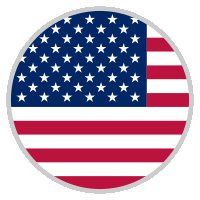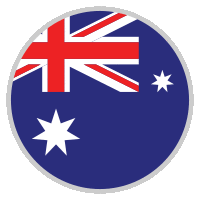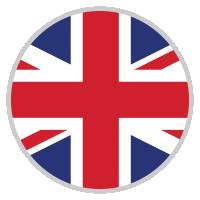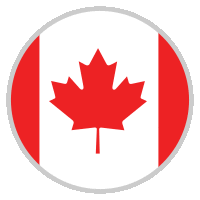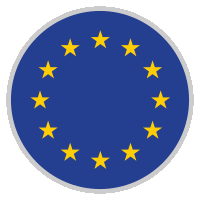Catalog No.
Product Name
Application
Product Information
Product Citation
-
Aromatase inhibitor
Anastrozole is a third-generation nonsteroidal selective aromatase inhibitor. It may offer greater selectivity compared with other aromatase inhibitors, being without any intrinsic endocrine effects and with no apparent effect on the synthesis of adrenal steroids. -
Aromatase Inhibitor
Chrysin is a naturally occurring flavone chemically extracted from the blue passion flower (Passiflora caerulea). It has been shown to induce an anti-inflammatory effect, most likely by inhibition of COX-2 expression and via IL-6 signaling. In rodent in vivo studies, chrysin was found anxiolytic. -
Aromatase inhibitor
Exemestane is an oral steroidal aromatase inhibitor that is used in ER-positive breast cancer in addition to surgery and/or radiation in post-menopausal women. -
Aromatase inhibitor
Fulvestrant is an estrogen receptor antagonist with no agonist effects, which works both by down-regulating and by degrading the estrogen receptor.- Samy A. F. Morad, .et al. , Biochem Pharmacol, 2017, Apr 15; 130: 21-33 PMID: 28189725
- Kaneyasu Nishimura, .et al. , Stem Cell Reports, 2016, Apr 12; 6(4): 511-524 PMID: 26997644
- Alejandro S. Cazzulino, .et al. , Hippocampus, 2016, Jun; 26(6): 752-762 PMID: 26662713
- Rie Mukai, .et al. , Am J Physiol Regul Integr Comp Physiol, 2016, Dec 1;311(6):R1022-R1031 PMID: 27629889
- Sakanashi M, .et al. , Circ J. , 2013, 77(7):1827-37. PMID: 23615023
-
Aromatase inhibitor
Letrozole is an Aromatase inhibitor. CGS 20267 is a new non-steroidal compound which potently inhibits aromatase in vitro (IC50 of 11.5 nM) and in vivo (ED50 of 1?€?3 μg/kg p.o.)- WEI LIU, .et al. , Exp Ther Med, 2015, Oct; 10(4): 1297-1302 PMID: 26622481
-
Aromatase inhibitor
Fadrozole is a nonsteroidal aromatase inhibitor exhibiting a very potent and selective inhibitory effect of the aromatase enzyme system in vivo and estrogen biosynthesis in vivo.- Steve U. Ayobahan, .et al. , Sci Rep, 2019, 9, Article number: 6599 PMID: 31036921
- Muth-Köhne E, .et al. , Aquat Toxicol, 2016, Jul;176:116-27 PMID: 27130971
- Ma YN, .et al. , Aquat Toxicol, 2016, Oct;179:55-64 PMID: 27571716
-
aromatase inhibitor
Alpha-Naphthoflavone is a synthetic flavonoid, acts as a potent and competitive aromatase inhibitor with an IC50 and a Ki of 0.5 and 0.2 μM, respectively. -
Aromatase inhibitor
Fadrozole hydrochloride is a potent, selective and nonsteroidal inhibitor of aromatase with an IC50 of 6.4 nM.
